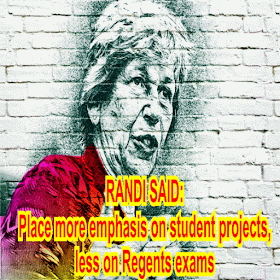CATCH UP WITH PETER GREENE ON FORBES
What We Can Learn From Florida’s Voucher School Discrimination Flap - https://www.forbes.com/sites/petergreene/2020/01/31/what-we-can-learn-from-floridas-voucher-school-discrimination-flap/#671e4d2b78c7 by @petergreene on @forbesCommon Core Is Dead. Long Live Common Core. - https://www.forbes.com/sites/petergreene/2020/01/30/common-core-is-dead-long-live-common-core/#3dee591c5e65 by @petergreene on @forbes
Why Do We Only Have One Flavor Of Charter School? - https://www.forbes.com/sites/petergreene/2020/01/29/why-do-we-only-have-one-flavor-of-charter-school/#365e68c346a5 by @petergreene on @forbes
How To Improve The Quality Of Teaching With Tools Districts Already Have At Hand (And How To Mess It Up) - https://www.forbes.com/sites/petergreene/2020/01/25/how-to-improve-the-quality-of-teaching-with-tools-districts-already-have-at-hand-and-how-to-mess-it-up/#3d9e70eafc95 by @petergreene on @forbes
Suitts: Overturning Brown And The Segregationist Legacy Of The Modern School Choice Movement - https://www.forbes.com/sites/petergreene/2020/01/20/suitts-overturning-brown-and-the-segregationist-legacy-of-the-modern-school-choice-movement/#f6e9f2122fa8 by @petergreene on @forbes
Diane Ravitch: Why Education Disruption Is Losing - https://www.forbes.com/sites/petergreene/2020/01/17/diane-ravitch-why-education-disruption-is-losing/#24ceb6882be5 by @petergreene on @forbes
Did The Florida DOE Threaten To Fire Teachers For Taking A Personal Day? - https://www.forbes.com/sites/petergreene/2020/01/11/did-the-florida-doe-threaten-to-fire-teachers-for-taking-a-personal-day/#7f2ec64f6ef9 by @petergreene on @forbes
CONTINUE READING More Articles


















